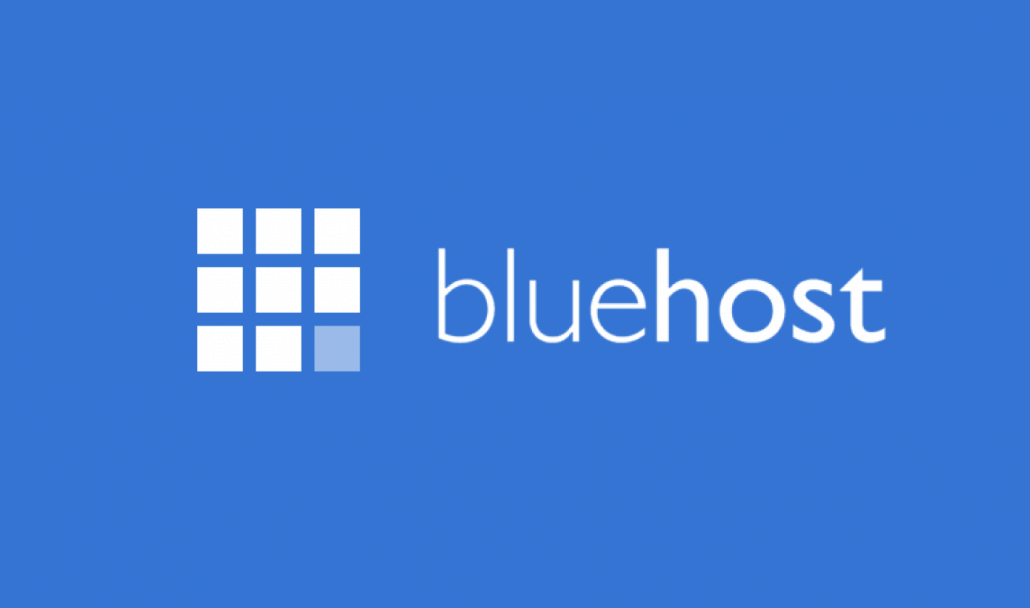An SEO Strategy – What Works and What Does Not

About three months ago I wrote an article about our SEO strategy the Ultimate SEO guide for 2017. Andrew and I have worked hard together to implement this guide. Now it is time for an update to see what is working and what needs some more time.
Let’s start off with some numbers. In my original article, I pulled some key metrics to measure the success of our SEO campaign. Here is what they looked like three months ago.
- Alexa Ranking – 3,609,825
- Sites Linking Into Wallet Squirrel (by Alexa) – 30
- Moz Domain Authority – 18
- Avg. Weekly Views – 329
Today they look a little different. We have dropped darn near to the 500,000 rank from Alexa, doubled our inbound links, increased our domain authority by five points, and nearly triple our weekly viewership.
- Alexa Ranking – 578,073
- Sites Linking Into Wallet Squirrel (by Alexa) – 63
- Moz Domain Authority – 23
- Avg. Weekly Views – 873
Personally, I am very pleased with the progress of our SEO campaign because we have grown these numbers organically. As always, there is still room for improvement but we are heading in the right direction.
How did we pull it off?
So, how did we arrive at these higher numbers in just three months? To start off answering that question I want to look at it from a broad perspective then I will get down to the nitty gritty details.
Firstly, Andrew and I got on the same page with Wallet Squirrel’s SEO Guidelines. Since I did all of the research for the original SEO article, I sat down with him and laid down what the both of us needs to do for every article we write. If you are a part of a blogging team, I highly recommend that your team gets together to talking making sure that everyone is on the same page.
Secondly, we put in lots and lots of work to lay out our foundation. This foundation included finding a new web host (Bluehost), improving website performance, consistent content creation, and so on (I will go more into these pieces later). After laying this ground work we were in full motion forward. Things just seem to keep getting better for the site.

The Nitty Gritty
In my original post, I talked about techniques that could be classified as an SEO strategy or Marketing technique. When writing that article I did not know the difference between the two. SEO strategies are for optimizing your website to rank higher in search engines so your site is easier to find. Where marketing techniques are meant to promote your articles to drive traffic to your website.
Today I want to separate those two different terms out and only talk about the SEO strategies that have worked for us. This means you will not find out about twitter campaigns, how does posting on Quora help with traffic, or what syndicating articles is. You will have to wait for another article about marketing 😀
Consistently Strong Content
Let us start off with the most important piece of any SEO strategy. Strong content is king in the SEO world. Every blogger that wants to succeed must create consistent and strong content. The more that can be written, the better the blog will perform. We have increased the size of each article to at least 1,000 words and are consistently posting on Monday and Thursday every week.
Tip: I recommend you take a weekend just to write three to four articles. This will allow you get a pool of articles built up in case you need to miss a week.
Keywords for Content
I have been hearing a lot of people stating that all you need to do for an SEO strategy is write good content and do not worry about keywords. This cannot be farther from the truth. Andrew and I learned that you should ALWAYS write an article around a keyword searched in Google. And we have proof!
Since the original article, he and I wrote two articles (50 Amazon Affiliate Website Examples Making Money in a Niche and How to Earn More Money in 2017 – The Achievement App) that are gathering A TON of organic traffic from Google search results. These articles are written around a specific long tail keyword. After a couple months of being indexed each one comes in on the top page of Google when searched for. If we did not go the extra mile to find a keyword, we would be losing that organic traffic, solely relying on traffic gained by marketing.
Backlink Watch
Personally, I know I have been slacking with this SEO strategy. Using Backlink Watch to spy on your competition can not only help you expand out your audience, it can also help you increase your backlinks from relevant websites. Using this tool allows you to easily find other related articles and websites that revolve around your articles keyword. This provides the opportunity to contact the administrator informing them about your post which could result in a backlink or you can leave a comment on the article.
What to do: Head over to Google and type in your article’s keyword. Then select one of the top URLs (your competitors) that show up in the search’s results. Copy and paste this URL into Backlink Watch and click on the Check Backlinks button. Backlink Watch will then start spitting out other websites that provide links to your competitor. Now you can head over to those websites to see if you can contact their administrator or leave a non-spam like comment on the article.

Backlink Watch used in our SEO Strategy for 2017
Website Hosting and Performance
Bluehost has been amazing to us so far. We have had great customer service that helped us get everything moved over from iPage very quickly. We decided to move over to Bluehost after finding out they provide more services for the same price. Overall, we got Wallet Squirrel on a better performing server, a dedicated IP, and an SSL Certificate. All three of those items checked off to-dos on our SEO checklist.
If you are looking to move to a new host, I recommend them. Click on this affiliate link. It will help us out greatly so we can keep Wallet Squirrel up and running!
SSL Certificate
As mentioned above, we got an SSL Certificate after moving to Bluehost. This is not a fancy SSL certificate that you would find on an e-commerce website but we do not need that. We just needed something to make Google more happy with us.
You can grab free SSL certificates around the internet as well. I tried to do this for Wallet Squirrel before finding Bluehost but the process was WAY over my head. I recommend this route if you are happy with your hosting provider and have the technical knowledge.

The SSL Certificate is highly ranked by Google and should be apart of anyone’s SEO Strategy.
What could we be doing better?
There is always something we can do better with our SEO strategy. Here are a couple ideas for Andrew and I to remember.
Indexing
After the move, we need to get better at indexing our new blog posts on Google’s and Bing’s webmaster tools. Indexing allows these major search engines to crawl your website and post your pages within its results. If Google or Bing do not know about your website then you will never rank in their search results. It’s that simple.
Returning to Old Blog Posts
Returning to old blog posts is very important to let Google and Bing know that the page is still active. If a page stays stagnant for too long then it starts to lose its ranking in the search results. So from time to time, it is best to figure out your most popular posts then make some changes to them. Then index the post again letting Google or Bing know that things have changed.
The Next Three Months
Overall our SEO strategy is working out really well. I am excited to see what will happen over the next three months. My goal is to double everything again! By staying consistent and making the adjustments mentioned above, this should not be an issue.
Below you will find an infographic summarizing this SEO strategy plus our Web Marketing strategy. Feel free to love, like, share, post, tweet, or whatever else floats your boat. If you can, just give us credit by linking back.











Leave a Reply
Want to join the discussion?Feel free to contribute!